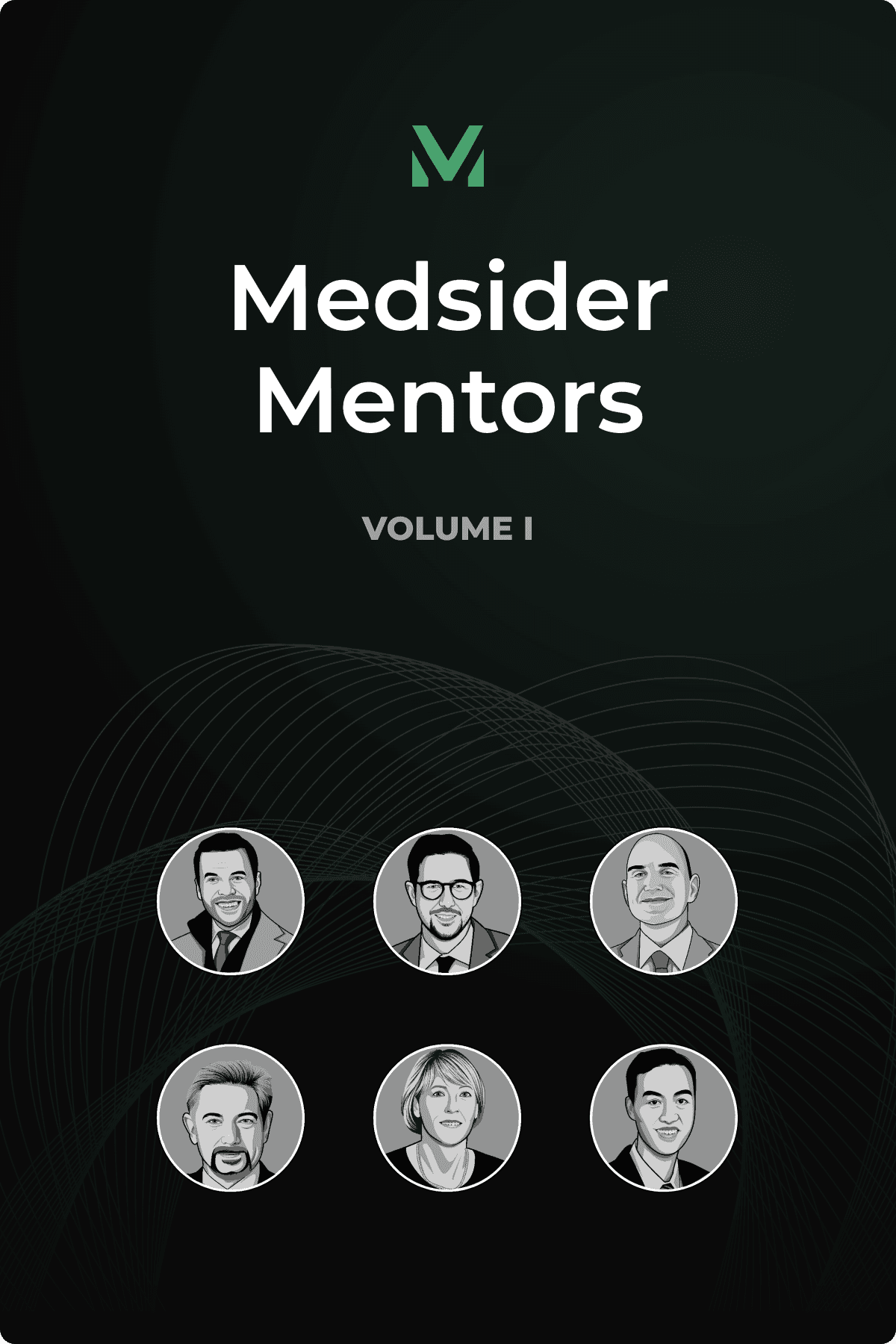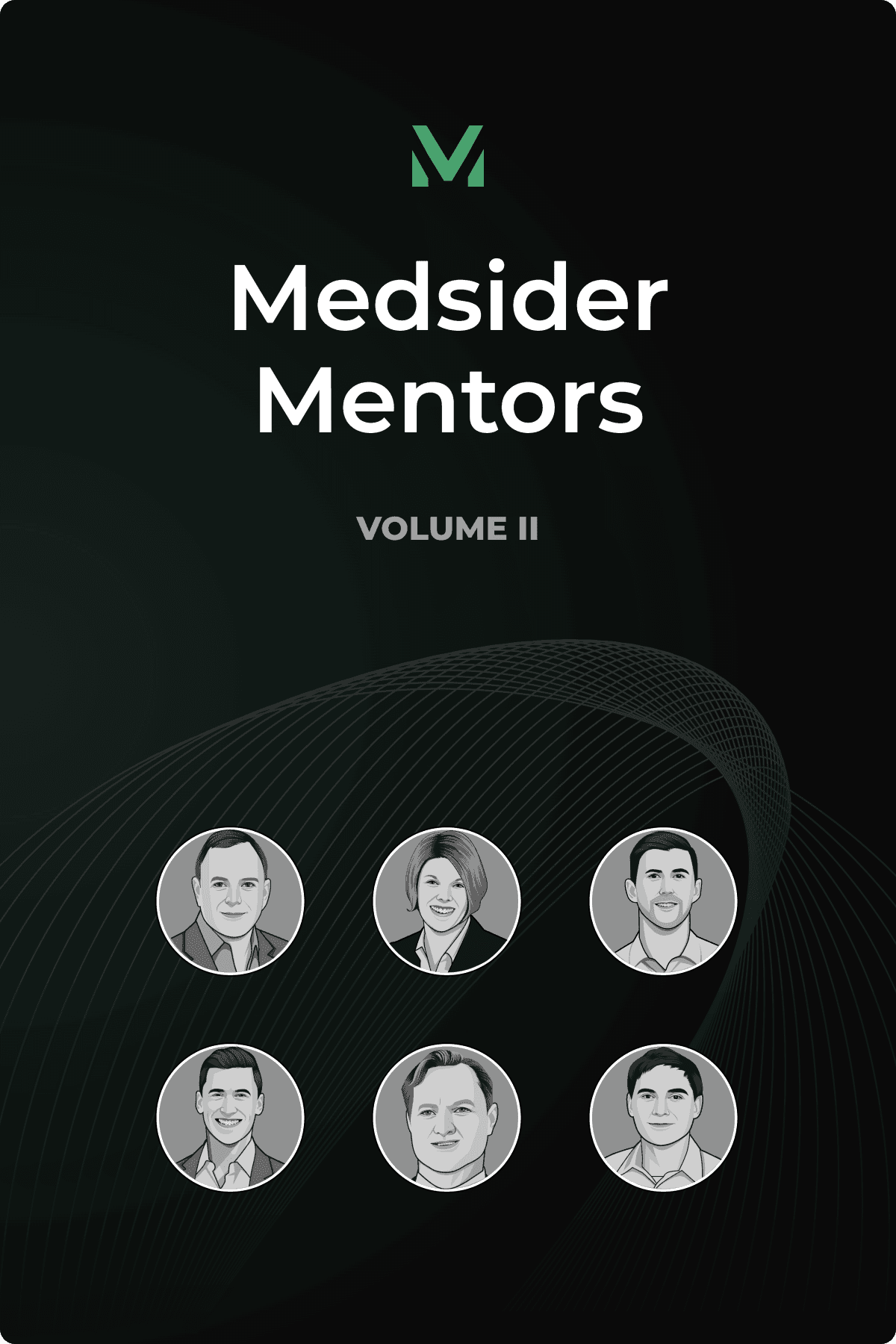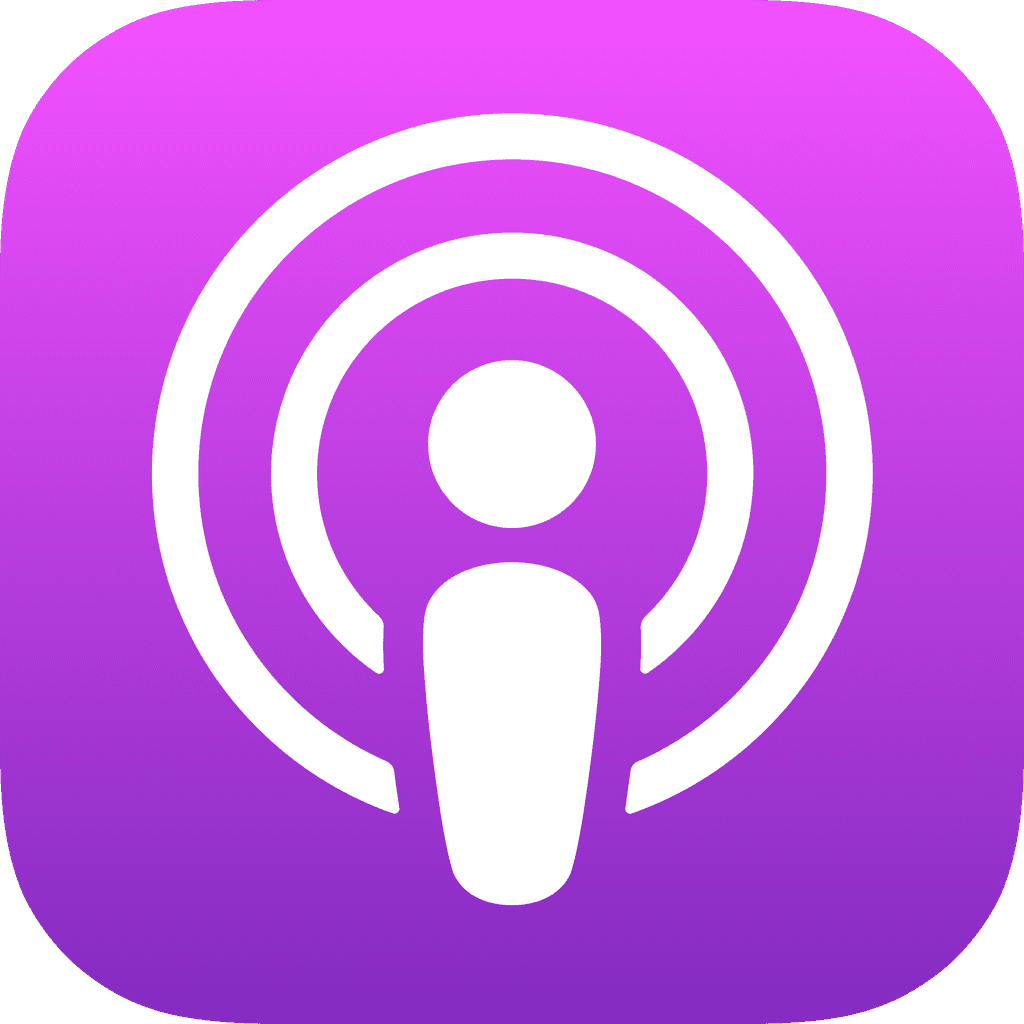Lessons Learned Bootstrapping a Startup from $0 to $20 Million
Interview with Medsider Founder Scott Nelson

Like many of the best ideas, the Medsider community was born when someone saw an opportunity to meet a specific need for a specific audience — then brought it to life.
Well over a decade ago, Scott Nelson was a podcast enthusiast who noticed that there weren’t shows speaking to the medical device or health start-up spaces.
He looked to his favorite entrepreneurial podcast as inspiration and started the Medsider podcast to tell the stories of health technology inventors and innovators. “It’s been a phenomenal opportunity to build out a network with people that I never otherwise would have been able to have conversations with and learn from,” Scott says.
His story of noticing that no one else is doing this and this is interesting to me is Exhibit A of the natural curiosity characterizing Scott’s entire career. That curiosity has led him to found numerous health and medical start-ups, including Joovv, Crossfire Medical, and FastWave Medical.
This unique episode of Medsider flips the script, putting Scott in the interviewee seat alongside his good friend, and temporary host, Brett Johnston. He shares where founders should focus early on, guidance for taking the leap from your corporate position, and how to know which opportunities to pursue.
You May Like These Articles
Medsider Premium
Become a premium member and unlock access to exclusive Medsider benefits.



